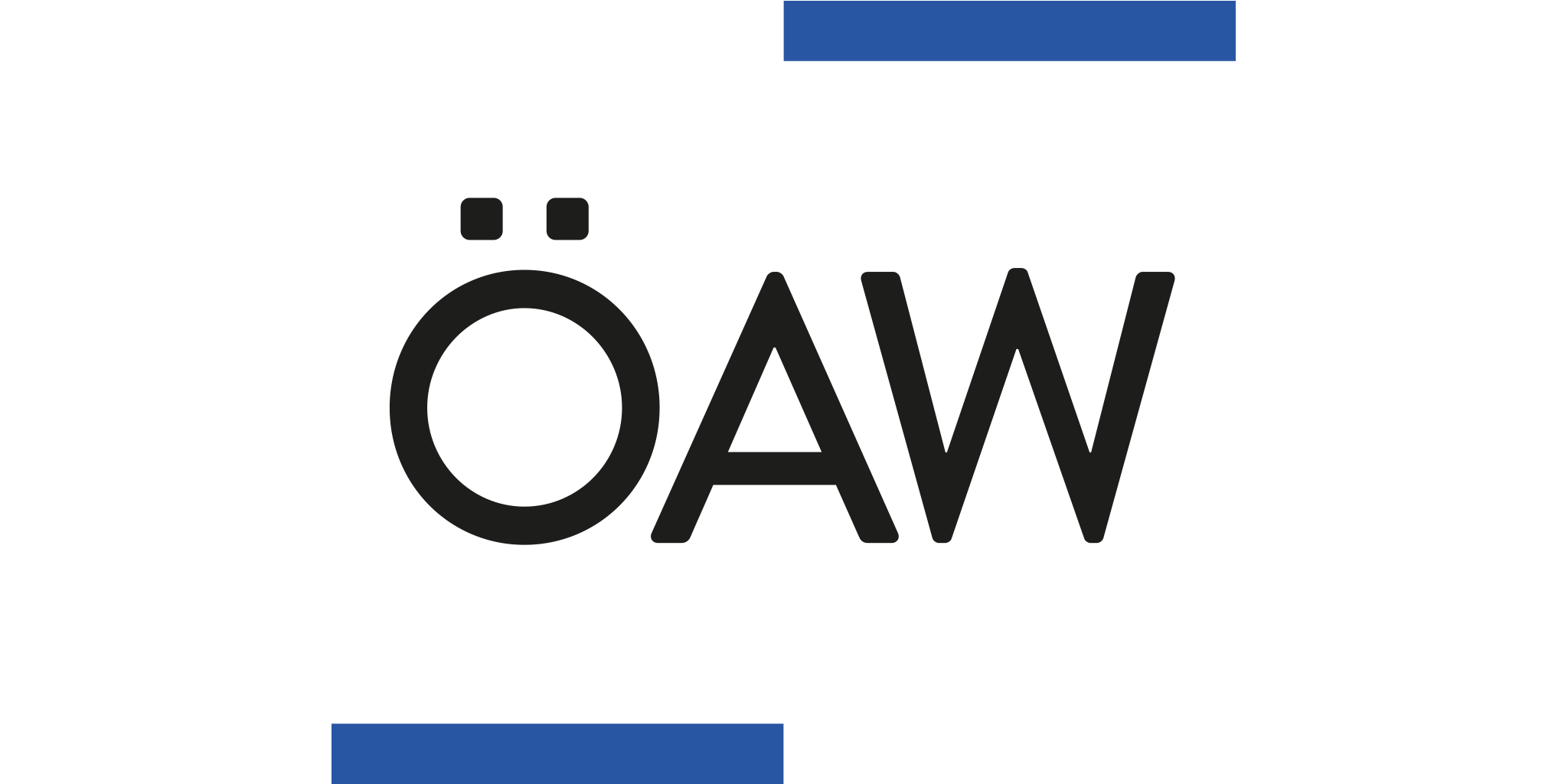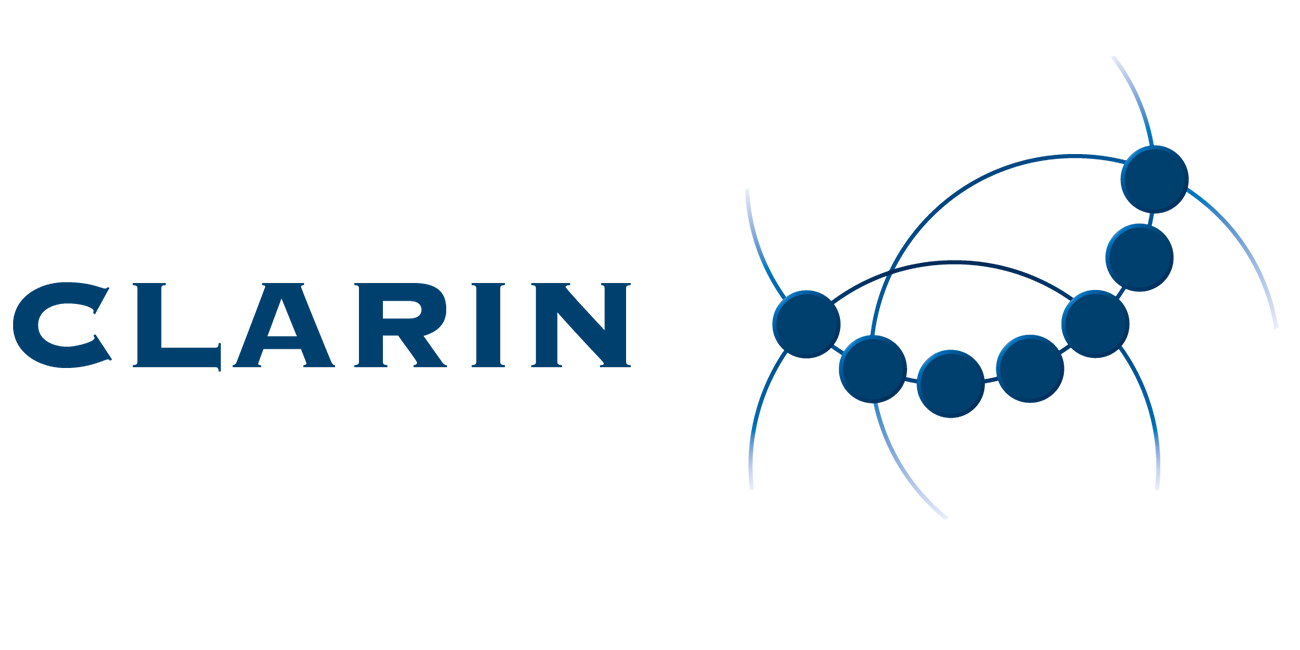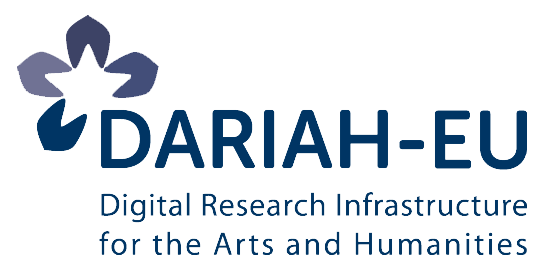ACDH Tool Gallery 2.1
Vienna, 16 March 2016
Data Management Plan – Prepare your data for the long term.

Institutions like universities and academies have an increasing obligation to manage and share digital research data. For the majority of scholars these endeavours, especially in the humanities, are relatively new and not deeply integrated into their existing working practices: even funding bodies have only recently started to request a data management plan as part of a project proposal.
The ACDH Tool Gallery 2.1 addresses the ensuing concerns of humanities scholars and will provide insights into data management plans. The Tool Gallery will address issues like what a data management plan should consist of, understanding and meeting funders’ expectations, identifying the key elements and discovering what tools exist to help researchers in writing a data management plan. There will be also a hands-on session to try out data management planning tools.
Requirements for participation
The number of participants is limited to 40 on the basis of first come, first served.
Please bring your own laptop to the workshop.
ACDH Tool Galleries are free and open to all. Registration closed.
Program
9:30 – 12:30
- Welcome and Opening Remarks
Karlheinz Mörth, Austrian Centre for Digital Humanities - An introduction to data management planning
Joy Davidson, Digital Curation Centre
Presentation
Research Councils and funding bodies are increasingly requiring evidence of adequate and appropriate provisions for data management and curation in new grant funding applications. This presentation will introduce participants to some of the basic concepts of data management planning.
- Data lifecycle and data management planning for digital humanities at the Austrian Centre for Digital Humanities
Tanja Wissik, Austrian Centre for Digital Humanities
Presentation
This presentation will provide an overview of the research data lifecycle and data management planning for Digital Humanities in the context of the Austrian Centre of Digital Humanities.
- Metadata & Repository - Practical aspects of data management
Matej Durco, Austrian Centre for Digital Humanities
Presentation
A central part of a DMP is also the decision regarding the metadata format and the repository / archiving service into which you deposit the data. In this presentation we offer a brief overview of the options available to Humanities projects in Austria and a few recommendations based on concrete use cases.
- FWF Perspective on Data Management
Katharina Rieck, FWF
Presentation
The Austrian Science Fund (FWF) is the central funding organization for basic research in Austria, and supports the ongoing development of Austrian science at the international level. While the FWF has so far primarily focused on Open Access to publications, the principle of openness will be gradually extended to research data as part of a long-term Open Science strategy in the future. Current FWF initiatives concerning Open Research Data will be presented at the ACDH Tool Gallery 2.1.
12:30 – 13:30 Lunch Break (Buffet)
13:30 – 16:00
- An introduction to DMPonline
Joy Davidson, Digital Curation Centre
Presentation
This presentation will provide an overview of the Digital Curation Centre’s DMPonline tool. DMPonline is freely available on the internet and helps researchers to develop data management plans that meet research council and funding body requirements.
- The use of Data Management Plans at the University of Vienna
Susanne Blumesberger & Barbara Sanchez Solis, University of Vienna
Presentation
The focus of Data Management Plans (DMP) is to efficiently allocate resources, in particular financial resources, and to make—long term—digital data visible, understandable and reusable. Careful project planning brings many advantages such as financial transparency from the beginning and optimal allocation of know-how, infrastructure, and services. DMPs allow above all, the understanding of one's own processes required to implement projects. In addition, DMPs assist the researchers to effectively plan and use one of the most important resources, namely ‘Time’. DMPs also bring advantages to all stakeholders: project management, project applicant, repository management, the institution, project sponsor, and to the policies team. For researchers, DMPs provide an aid to start thinking, right from the beginning, about appropriate formats, documentation and possibilities for long-term archiving. Additionally, DMPs assist in determining additional financial resources for legal advice or technical assistance required for the project. We will give an example of how to implement and customize data management plans based on the requirements of an individual university or institution.



Date
16 March 2016 – 9:30 to 16:00
Place
Austrian Academy of Sciences
Dr. Ignaz Seipel-Platz 2
Sitzungssaal
1010 Vienna
Contact
